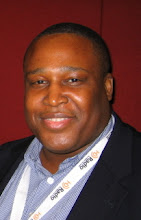- Managers must believe that people are innately good. Without this core belief and faith in people, great management is not possible.
- Managers believe they do not work on their people, they work with them; they ENABLE and EMPOWER them.
- Managers believe that “empowerment” comes from within, and has more to do with self-motivation and innate talent than with the acceptance of authority. They get their cues from the person, not from the task or process.
- Managers believe that all people have strengths which can be made stronger, and that their weaknesses can be compensated for to become unimportant.
- When it comes to training, the great managers do not believe they train PEOPLE, they believe they train SKILLS and offer additional knowledge.
- Managers believe they COACH and MENTOR people, and they love doing so — not “like,” LOVE.
- Managers believe that the people they manage are more than capable of creating a better future. They hold great faith and trust in the four-fold human capacities of physical ability, intellect, emotion, and spirit.
- Managers believe in the power of positive, affirmative thinking,and they have a low tolerance for negativity. They are confident and eternal OPTIMISTS.
- Managers believe it is their job to remove barriers and obstacles so people can attain the level of greatness they are destined for. They believe that “can’t” is a temporary state of affairs, and that everything is only impossible until the first person does it.
- Managers believe that their legacy will be in the other people they have helped to achieve worthwhile and meaningful goals. They believe that success is measured in people who THRIVE and PROSPER.
[from managingwithaloha.com]




